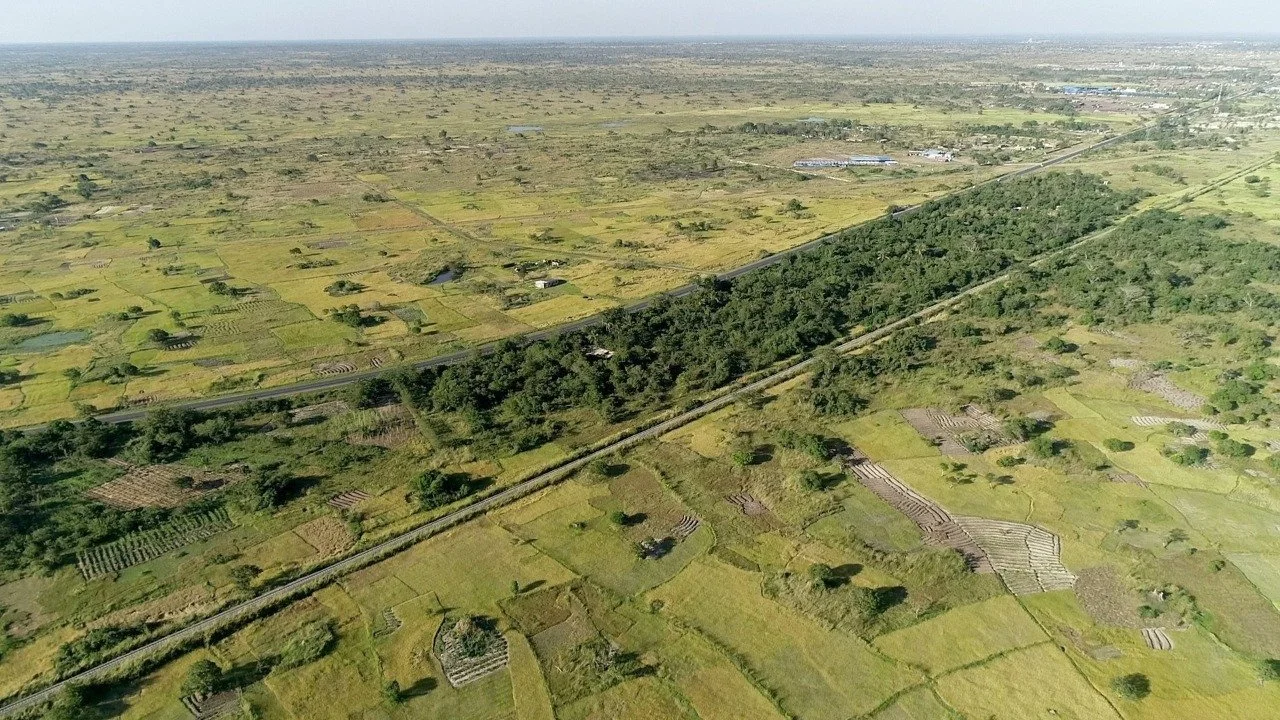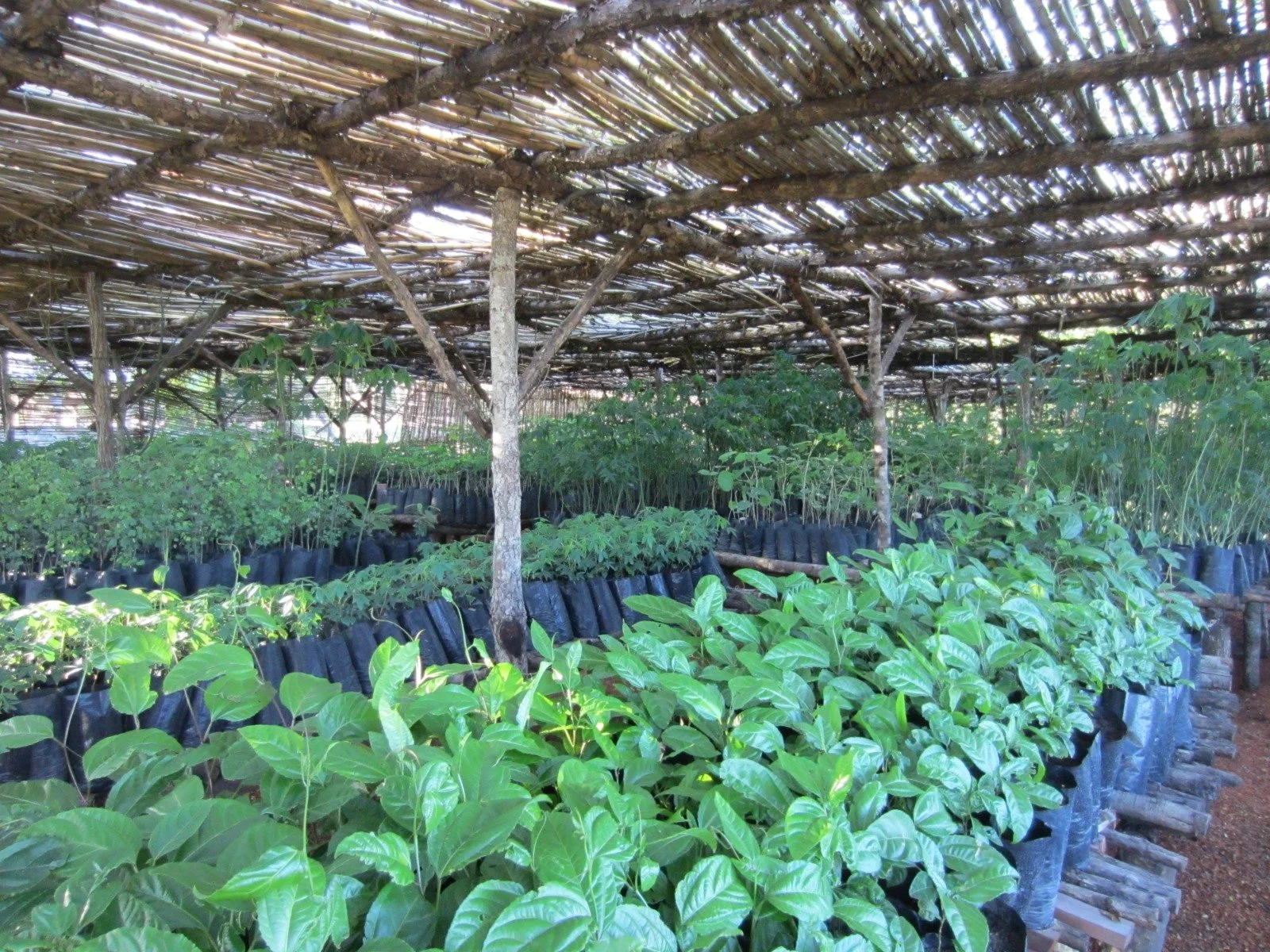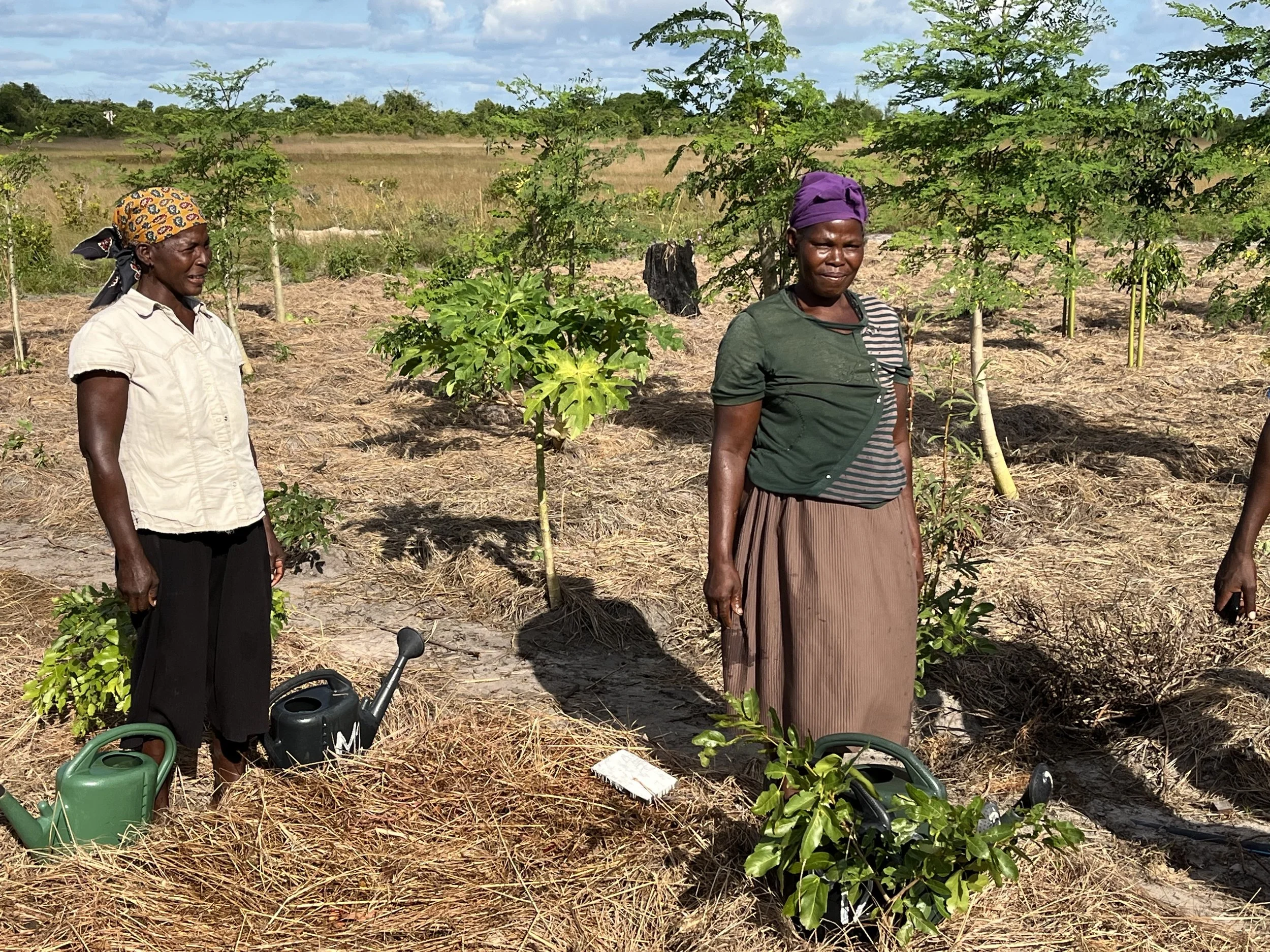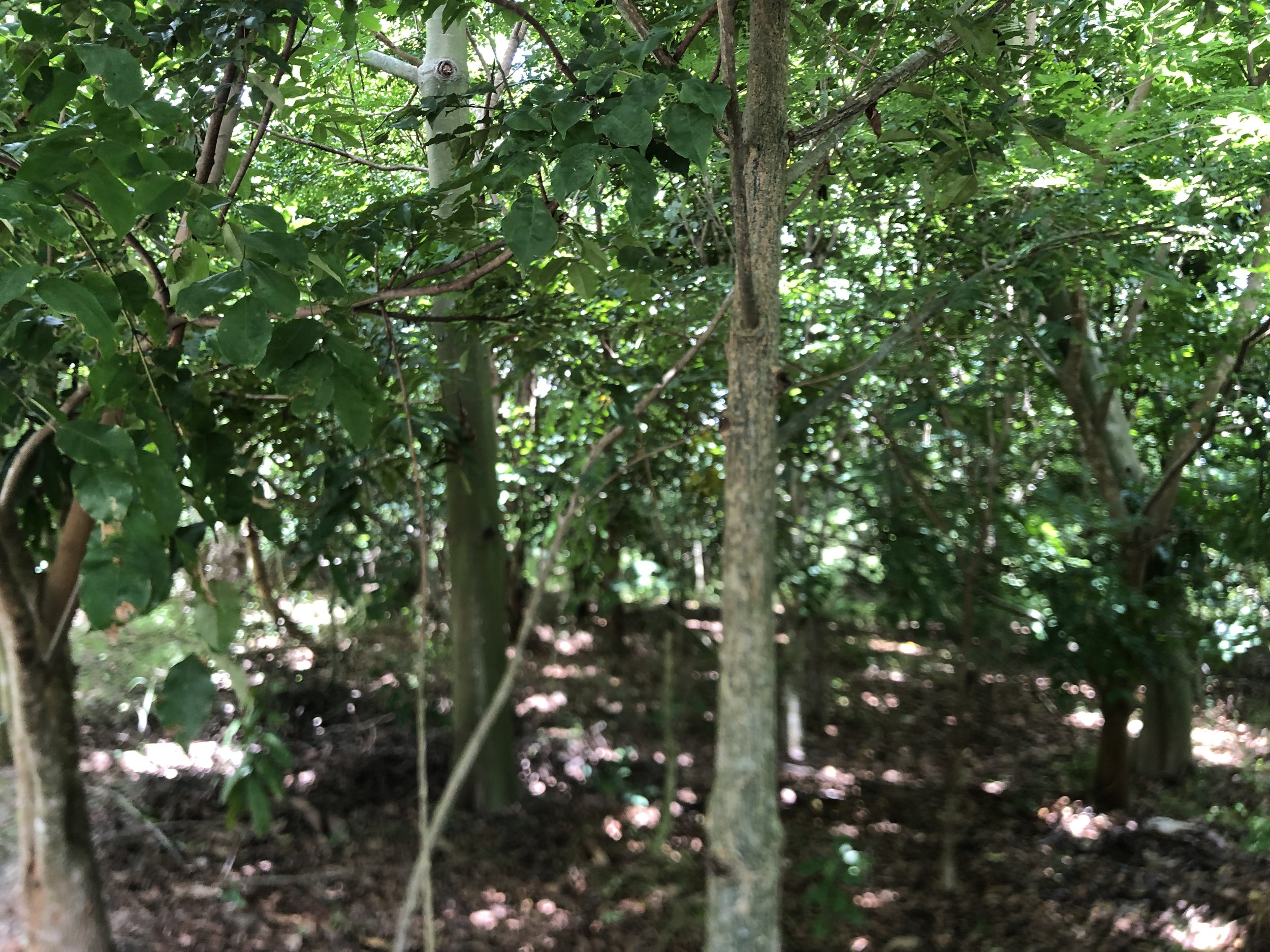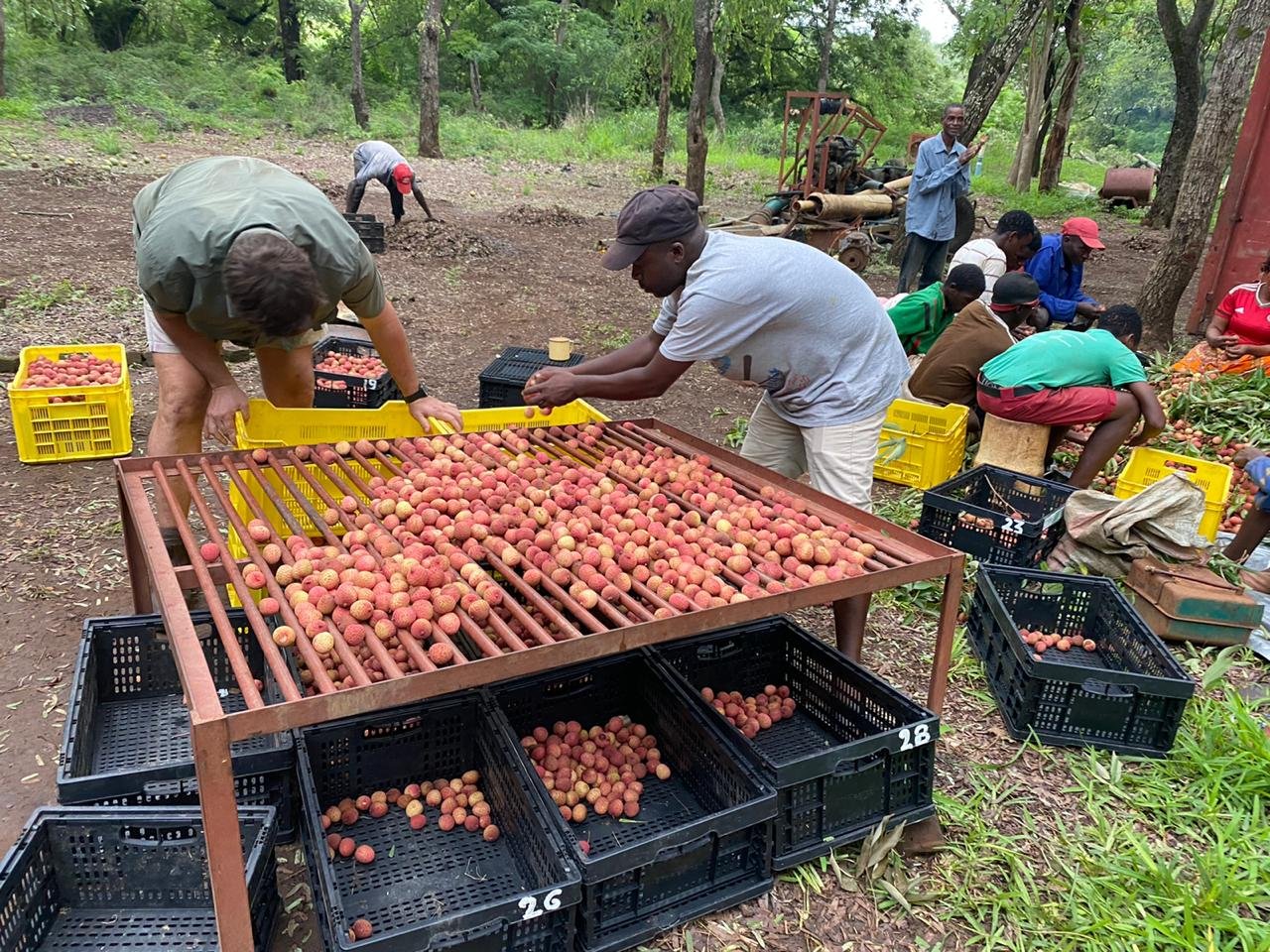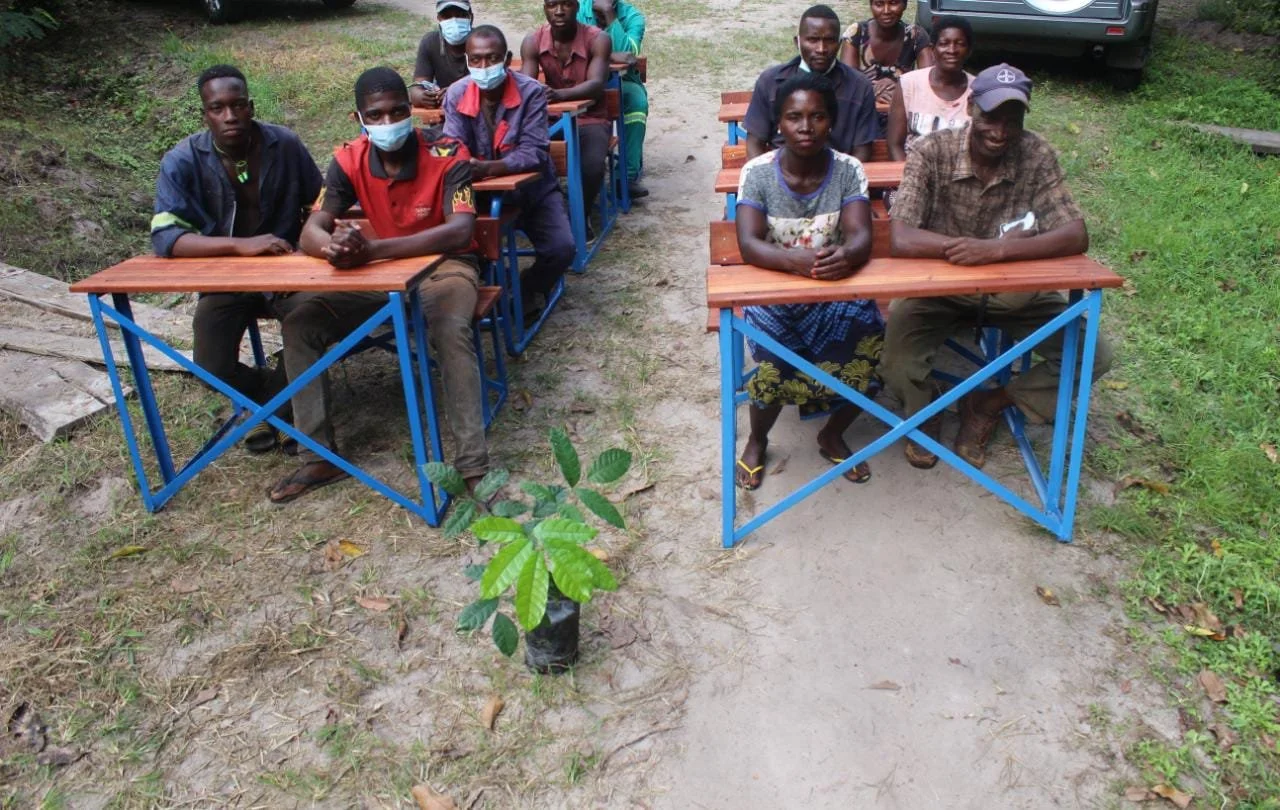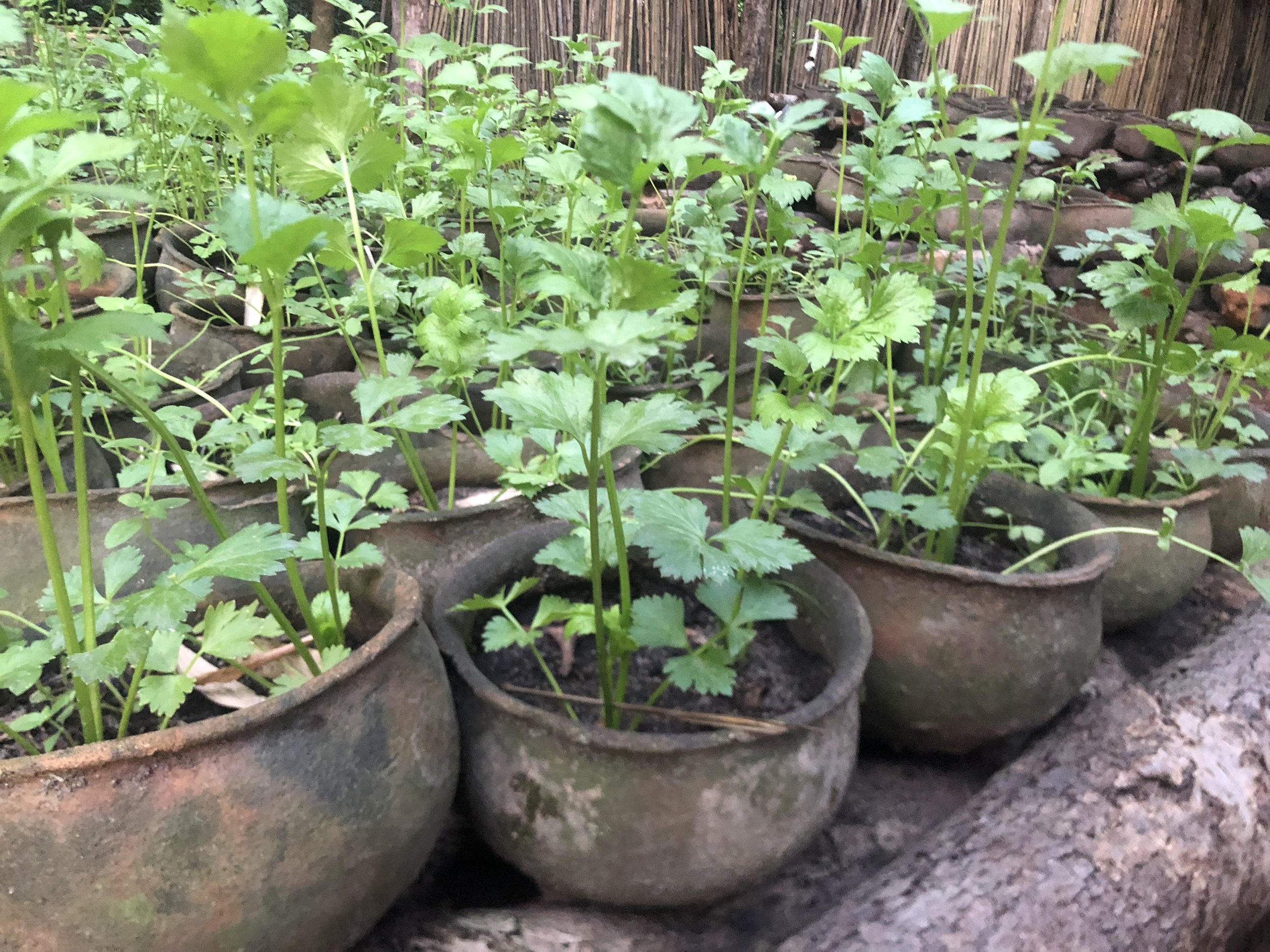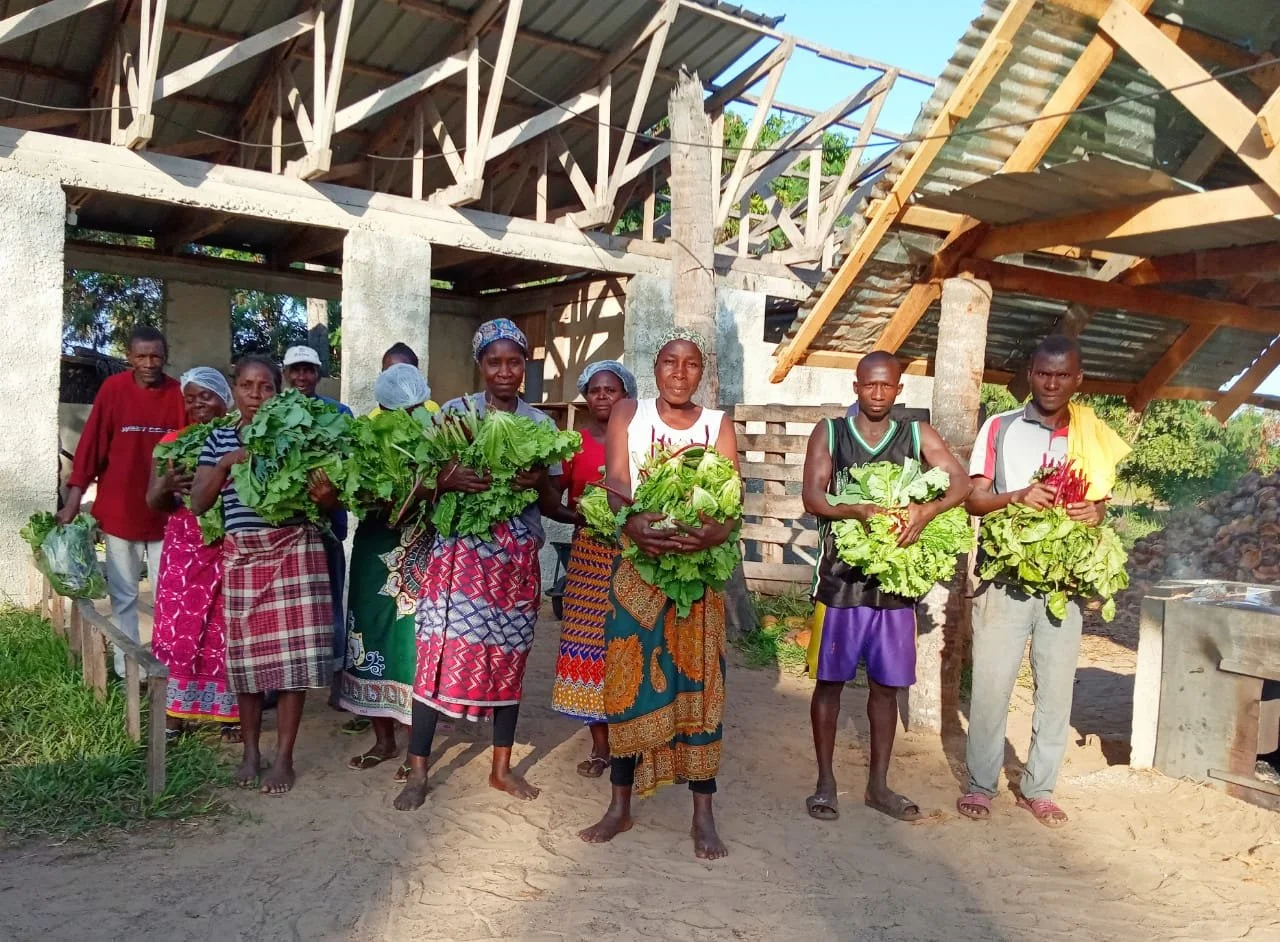Having been brought up in a very politically active family, I learned that if you don’t like what is happening, create a better way, and make that happen, so…
Mezimbite Forest Centre 2021When the wall came down, when Mandela was released, and when Mozambicans signed the Accord of Rome, ending the Civil War, indicating that both sides lost, and after a successful international career and graduating from Wits University and MIT, Allan Schwarz moved to Mozambique to pursue his ideals of Sustainable Design based on his woodworking experience.
Editorial in Architecture SA, by Professor Paul Kotze, 2016In the time since Mezimbite Forest Centre, Mozambique, was established (May 1994), it has set the bar in almost every activity it has engaged in, starting with the sustainable design and crafting of fine, noble hardwood furniture, to growing back trees, to personal care products from wild harvest and organically grown ingredients, and many more things in-between. During this time, it has included the rigorous training of the talented people who live in the forest to move up the value chain, thus incentivising their participation in conservation and regeneration of their threatened environment.
A lot of what Mezimbite has been doing, has been included as a normal cost of business (like skills training, professional and craft education and reforestation). Under normal circumstances, these are externalities, either tax-deductible expenses or considered charitable work.
The purpose of the Foundation is to enhance and expand the work we have been doing in Mozambique for the past 30 years, ensuring its sustainability for the future. This initiative is not just a continuation of my previous efforts; rather, it reflects the evolution of my work based on valuable lessons learned over the years. From the perspective of tax regulations in developed countries, this clearly qualifies as a "charitable purpose."
After 30+ years of operation, it has developed these principles:
Work in the place of origin, and from first principles, don’t rely on tick boxes
Work with the grassroots people
Be direct, but respectful and always keep your word
Get your hands dirty
Be present in all the work, understand the consequences
Live modestly but with quality
Offer first and then worry about the returns, and always give back
Always do the very best you can
Because we have stuck to these principles, we have attracted over the years a powerful team of collaborators and brought some up through our ranks. Conservation Restoration and Development is a team sport, and we now have the “Dream Team”. Most NGO project developers wrestle with how to engage and recruit communities to work with them. In contrast, as a result of a long track record of delivery, we have the opposite problem: how to select from the queue of communities that want to work with us.
Why Switzerland???
The Swiss take money and governance very seriously.
Recently, the Swiss encountered significant repercussions due to a major scandal in Mozambique, which has prompted heightened scrutiny from regulatory authorities. This increased oversight serves as a safeguard against corrupt individuals and practices.
